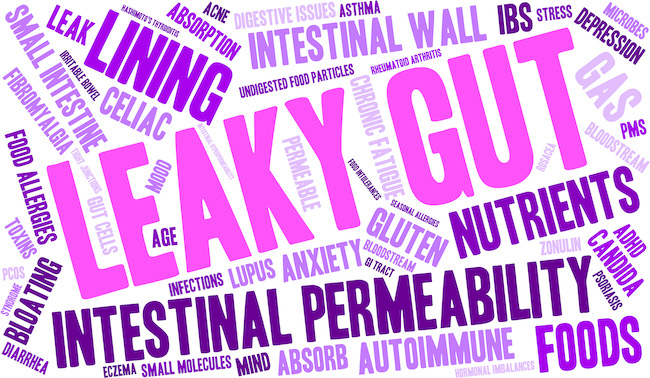Is it possible that your gut and your brain could have any connection to one another? They may have more of a connection than you may have thought. Right now Parkinson’s Disease, a movement disorder, has been found to have origins in the gut.
This discovery has led to more evidence supporting that connection between your gut and your brain. take a closer look that the connections between the two and what’s being studied.
Scientists and medical professionals agree

More about Parkinson’s
There are studies being done to further correlate the two parts of your body, especially studying Parkinson’s disease. The gut microbiome is showing to correlate with the growth of Parkinson’s because it’s believed that gut bacteria is influencing it through the build-up of too much alpha-synuclein.
The disorder shows itself in patients through slower and decreased movements, resting tremors, and muscle rigidity. It’s a progressive degenerative disorder and these motor symptoms are thought to be related to decreased dopamine production.
While treatment for the disease is often dopamine replacement therapy, it can’t prevent the progression of the disease. Dopamine is so important for the body because it’s a neurotransmitter that regulates movement, controls the brain’s pleasure centers, and regulates emotional responses.
While the cause behind the decrease in dopamine in the brain hasn’t been determined, evidence is suggesting that gut bacteria could be the culprit. With the build-up of the alpha-synuclein, the protein found at the tips of nerve cells, dopamine isn’t regulated and individuals end up with abnormal amounts of alpha-synuclein which disrupts smooth movement.
How this is being studied further

The normal gut bacteria mice were still transplanted with gut bacteria modified to produce alpha-synuclein which meant that there was still a slight decline in motor function, but not nearly as quickly as the mice with the Parkinson’s gut bacteria. Since the mice were genetically the same with only the difference being the gut microbes, it was easy to see the correlation of the gut and the brain in disease. Furthermore, you’ll often see gastrointestinal issues for those diagnosed with Parkinson’s disease.
Despite the research on Parkinson’s being done on mice, it’s easy to see that the evidence of this, in addition to Parkinson’s gastrointestinal issue symptoms as well as the new medical specialty of neurogastroenterology, that the brain and gut are definitely connected. With time and more studies, we’ll likely learn that how we treat our gut can directly affect our mental status.
Be sure to practice a healthy diet and get regular chiropractic adjustments to be sure your gut health is in check.


